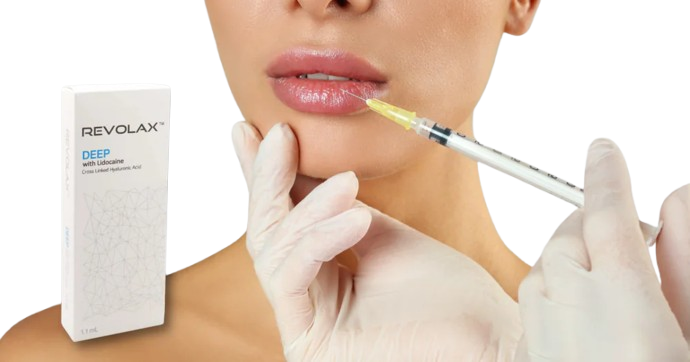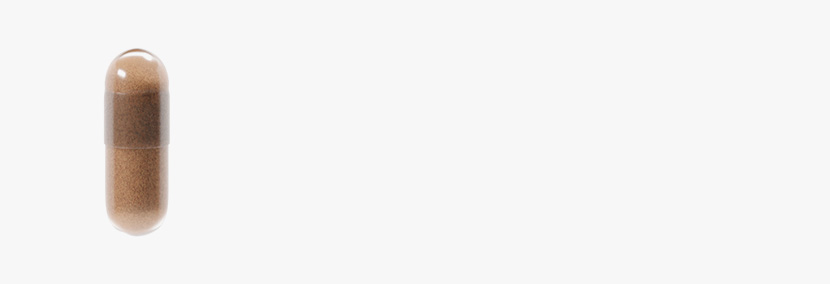Mirena
Mirena Manufacturer – About Bayer HealthCare Pharmaceuticals
Aug 22, 2025
Intrauterine devices (IUDs) are small, T-shaped contraceptives designed for long-term protection. They come in two main types: hormonal IUDs, which release a synthetic hormone called levonorgestrel, and copper IUDs, which use copper’s natural spermicidal effect. Both are built from biocompatible materials that allow them to stay in place for years—typically 3–8 years for hormonal IUDs (depending on the brand) and up to 10–12 years for copper IUDs.
Among hormonal options, the Mirena IUD has become one of the most trusted worldwide. It is not only FDA-approved for up to 8 years of contraception, but also for treating heavy menstrual bleeding for up to 5 years. Behind Mirena’s success is its manufacturer, Bayer HealthCare Pharmaceuticals, a company with a long history of innovation in reproductive health and beyond.
In this article, we’ll take a closer look at Bayer HealthCare Pharmaceuticals—its history, global impact, and how it has shaped the landscape of women’s health through products like Mirena.
Key Takeaways
- Mirena is a hormonal IUD manufactured by Bayer HealthCare Pharmaceuticals, part of Bayer AG.
- It provides up to 8 years of contraception and is FDA-approved for 5 years of treatment for heavy menstrual bleeding.
- Mirena was initially developed in Finland by Leiras Oy, later managed by Schering AG, and has been under Bayer’s ownership since 2006.
- Manufacturing follows strict international standards, including multi-stage quality checks, batch inspections, and compliance with the FDA and EMA.
- Clinical studies, including the Mirena Extension Trial, confirm its high effectiveness with a cumulative pregnancy rate of under 1% even through 8 years of use.
- Global rollout has been staggered across regions, with Mirena now available in over 100 countries.
- Bayer supports access and awareness through patient programs and educational tools in specific markets.
Overview of Bayer HealthCare Pharmaceuticals
Bayer HealthCare Pharmaceuticals, the current Mirena manufacturer, is a leading division of Bayer AG, with expertise spanning women’s health, cardiology, and oncology. Known for its commitment to research-driven innovation, Bayer develops treatments that address real-world medical needs across diverse populations.


In the field of reproductive health, Mirena is among its most recognized products. This hormonal intrauterine device (IUD) offers up to 8 years of contraception and 5 years of treatment for heavy menstrual bleeding, making it one of the most versatile long-acting contraceptives available. Bayer supports its use not only by maintaining high standards of safety and manufacturing quality, but also through educational initiatives in certain markets that help patients and providers make informed reproductive health decisions.
Bayer’s investment in advanced manufacturing technologies and rigorous compliance with global health authorities reinforces its reputation for reliability, while its global reach ensures Mirena’s availability in more than 100 countries.
History of Mirena Development and Global Availability
The story of Mirena reflects decades of innovation in women’s healthcare. Originally developed in Finland by Leiras Oy in the 1990s, the device later became part of Schering AG, before Bayer acquired Schering in 2006 and assumed global ownership of Mirena.
Key Milestones in Mirena’s Development and Expansion
- 1990s: Development in Finland by Leiras Oy.
- 2000: FDA approval in the United States for contraception.
- 2006: Bayer acquires Schering AG, becoming Mirena’s global manufacturer.
- 2009: FDA expands indication for treatment of heavy menstrual bleeding.
- 2009: WHO adds Mirena to its Model List of Essential Medicines.
- 2010s: Staggered regulatory approvals across Asia-Pacific, Latin America, and Africa.
- 2020s: Updated U.S. and EU labeling confirms contraceptive use for up to 8 years.
In addition, Bayer has launched patient access programs and educational resources in certain markets to improve affordability and awareness. These efforts support broader access and informed decision-making, especially in regions with limited healthcare resources.
Manufacturing Process and Quality Standards for Mirena
The manufacturing of Mirena follows strict pharmaceutical protocols, ensuring both safety and consistency. Bayer operates state-of-the-art facilities where devices are produced under carefully controlled conditions.
Mirena’s Manufacturing and Quality Assurance


- Raw Material Sourcing: Use of pharmaceutical-grade materials with full traceability.
- Controlled Manufacturing Environment: Cleanroom production reduces contamination risk.
- Multi-Stage Testing: Every unit undergoes testing for hormone release rate, structural integrity, and sterility.
- Final Product Inspection: Devices are batch-tested and visually examined before packaging.
- Regulatory Compliance: All processes align with FDA, EMA, and global health authority standards.
- Corporate Sustainability Goals: Bayer integrates energy efficiency and waste reduction across its manufacturing operations, reflecting its commitment to environmental stewardship.
- Continuous Improvement: Ongoing R&D investment ensures long-term product quality and reliability.
This comprehensive process ensures that Mirena is a trusted option for healthcare providers and patients worldwide, combining pharmaceutical precision with device engineering.
Bayer’s Clinical Research and Safety Commitments
Bayer continues to invest in clinical trials and post-market surveillance to uphold Mirena’s long-term safety and efficacy.
- In a pivotal trial of 1,169 women, Mirena demonstrated a 5-year pregnancy rate of just 0.7%.
- The Mirena Extension Trial confirmed its effectiveness through 8 years of use, with a cumulative pregnancy rate of 0.68% and consistently high user satisfaction.
- Real-world observational studies, such as those in Japan, further evaluated adverse events, bleeding changes, pelvic infections, and rare complications like uterine perforation.
Bayer also collaborates with regulators worldwide to keep labeling, safety guidance, and usage recommendations up to date. These efforts support ongoing patient and provider confidence in Mirena’s performance.
Common patient questions, such as “Does Mirena have hormones?” are central to these discussions. The answer is yes: Mirena releases levonorgestrel, a synthetic progestin, directly into the uterus. This localized delivery ensures effective contraception while minimizing systemic hormone exposure.
Conclusion
So, who makes Mirena? The answer is Bayer HealthCare Pharmaceuticals, a company known for its innovation, global reach, and dedication to women’s health. Through advanced manufacturing practices, robust clinical research, and regulatory collaboration, Bayer ensures Mirena remains one of the most reliable contraceptives available today.
By combining decades of expertise with a forward-looking approach, Bayer not only maintains Mirena’s reputation as a trusted contraceptive, but also continues to shape the future of reproductive healthcare worldwide.
FAQs
1. Who makes Mirena IUD?
Mirena is manufactured by Bayer HealthCare Pharmaceuticals, part of Bayer AG, a global leader in women’s healthcare and reproductive health solutions.
2. Is Bayer Mirena available worldwide?
Yes. Mirena is approved in over 100 countries, though the timing of rollout has varied by region.
3. How does the Mirena manufacturer ensure quality?
Bayer follows strict international manufacturing standards, including multi-stage testing, batch inspections, and regulatory compliance with agencies such as the FDA and EMA.
4. What is the history behind Mirena brand ownership?
Leiras Oy initially developed Mirena in Finland, and it was later managed by Schering AG. Bayer acquired Schering in 2006 and has been the global manufacturer since then.
5. Does Bayer conduct clinical studies for Mirena?
Yes. Bayer conducts both clinical trials and real-world observational studies to evaluate Mirena’s safety and effectiveness continuously.
6. How does Bayer support healthcare providers?
Through educational resources, updated clinical guidelines, and product information (in certain markets), Bayer equips providers to make informed recommendations.
7. Why do patients trust Bayer Mirena?
Because of decades of research, strict quality standards, and proven effectiveness, Mirena remains one of the most trusted contraceptives worldwide.
Talk with our sales representative.
Book a Meeting
References
Mirena® (levonorgestrel-releasing intrauterine system) 52 mg IUD | HCP. Mirena® IUD | Official HCP Website. https://www.mirenahcp.com/
Product information for Mirena®. Bayer Global. Published September 13, 2023. https://www.bayer.com/en/product-mirena
Jensen JT, Lukkari-Lax E, Schulze A, Baisden KW, Serrani M, Kroll R. Contraceptive Efficacy and Safety of 52 mg Levonorgestrel-Releasing Intrauterine Systems During Years 6–8 of Use: Data From the Mirena Extension Trial [A13]. Obstetrics and Gynecology. 2022;139(1):4S. doi:10.1097/01.aog.0000826388.11789.c1





